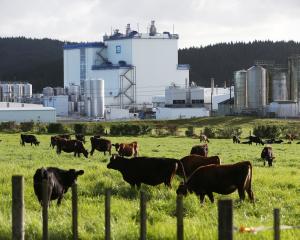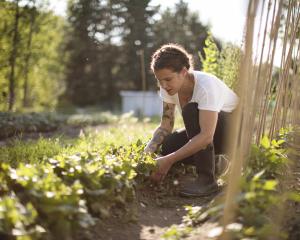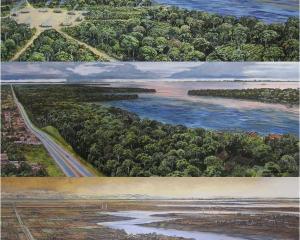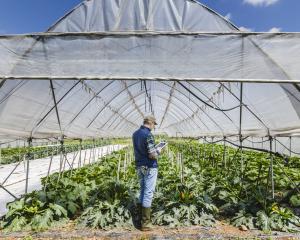
Food issues are well documented and wide ranging. We know the food we eat and the way it is produced, processed and distributed is a key driver for global and local environmental problems such as climate change or polluted rivers and lakes.
We know that what we choose to eat impacts on our health and well-being, yet for many choices are constrained.
We know that access to food is uncertain — far too many people cope with hunger and are forced to worry about where their next meal will come from.
We know that global supply-chain for food or packaging is vulnerable to disruption, leading to shortages and price volatility. We know that access to those supply-chains are dominated by a small number of companies.
We know that the labour that works the land, slaughters or processes products and stocks shelves and serves food is often low-wage, part-time and precarious.
We know that food producers struggle with rising costs and high debts, yet are squeezed to accept lower prices for their products to gain access to markets. They are the last to be paid for what they produce after the supermarket, wholesalers, and marketers all take a cut.
We know that the largest age cohort of farmers is the 65+ group, and that as they retire, they are not being replaced at the same rate. This has led diverse groups, from local farmers markets across the country to industry representatives such as Beef and Lamb and Federated farmers to question where the next generation of food producers will come from.
The list could go on. Together, they paint a food system that is in crisis. However, most of us can easily go about our daily lives without feeling the direct impacts associated with these problems. For many, our privileged relationship with food allows us to be complacent. We can take refuge in the belief that these problems are being addressed. For example, livestock are being fenced out of waterways. Donations to foodbanks have increased. The minimum wage has increased. Training and mentorship programmes for young farmers are being scaled up.
These types of interventions are important and critical. But they are reactive and treat problems in isolation. They can address some of the symptoms of a food system in crisis, and they are often relatively quick and easy to implement, but they fail to address underlying causes of problems. They might lead to a food system that is less bad. But less bad is not good enough.
We are missing opportunities to rethink food and agriculture and to make linkages across these problems. There are no quick and easy solutions. It will involve lots more people, organisations and resources. It will require much more leadership. It will require imagination, new voices, new conversations and new ideas to create a food system that is more sustainable and fair.
There are many examples of efforts under way to try to address food-related problems more broadly across the country. For example, Kore Hiakai: Zero Hunger Collective is one of many examples trying to facilitate these types of conversations, primarily in the charitable food sector by taking a food system approach. But conversations about where and how food is produced is largely missing.
The much, much more generously resourced Ministry of Primary Industries Sustainable Food and Fibre Futures programme works with industry groups to support a transition in agriculture. But again, efforts are limited to production and very little attention is paid to who, where or how food is consumed.
Imagine if we could fund these more equitably and also support conversations across these groups. Then we might be able to develop a more coherent vision of what a sustainable and just food system might be and truly address the root causes of food system problems.
Sean Connelly is a senior lecturer in the University of Otago Department of Geography. Each week in this column, one of a panel of writers addresses issues of sustainability.












